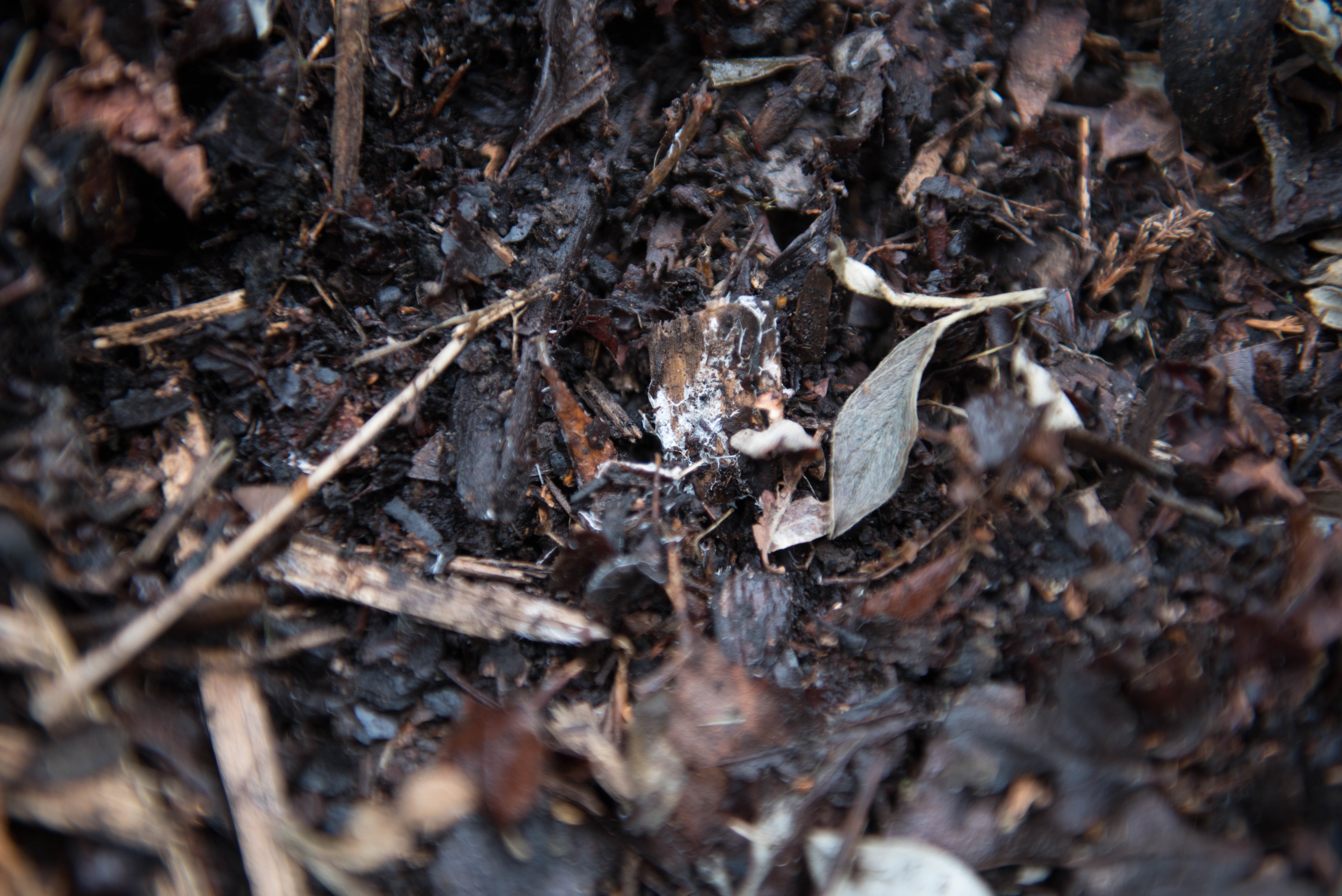Are you looking for a way to improve your garden and help the environment at the same time? Look no further than composting! Composting is a natural process that turns organic waste into nutrient-rich soil, perfect for growing healthy plants. But the benefits go beyond just your garden - composting reduces landfill waste and greenhouse gas emissions. In this blog post, we’ll explore all of the benefits of composting and how you can get started in your own backyard. Get ready to turn trash into treasure with composting!
What is Composting?
Composting is the process of breaking down organic matter, such as food scraps and yard waste, into a nutrient-rich soil amendment that can be used to improve the health of gardens and lawns.
Composting is beneficial for the environment because it reduces the amount of waste that ends up in landfills, where it decomposes and releases methane, a potent greenhouse gas. Composting also helps conserve water and reduce the need for chemical fertilizers.
Gardens and lawns benefit from compost because it enriches the soil with essential nutrients, improving plant growth and vigor. Compost can also help improve drainage and aeration in compacted soils.
The Benefits of Composting
Composting is an excellent way to reduce waste and improve the health of your garden. Composting provides many benefits to both your garden and the environment.
Composting reduces the amount of waste that goes to landfills. It also reduces methane emissions from decomposing organic matter. Composting improves soil health by adding essential nutrients and improving drainage. Composting also helps reduce water usage in gardens by up to 50%.
In addition to reducing waste and improving soil health, composting also has numerous environmental benefits. Composting helps sequester carbon, which can help mitigate climate change. Composting also reduces the need for chemical fertilizers, which can lead to water pollution.
How to Compost
Composting is an excellent way to reduce waste and give back to the environment. Not only does it provide nutrients for your garden, but it also helps reduce methane emissions from landfills.
To start composting, you’ll need a few materials:
-A bin or container to hold your compost. This can be as simple as a plastic bin with holes punched in the bottom, or you can purchase a more elaborate system.
-Something to cover your bin, like a lid or tarp. This will help keep moisture in and pests out.
-Materials for your compost pile, such as leaves, grass clippings, fruit and vegetable scraps, coffee grounds, and eggshells. You can also add paper products like newspaper and cardboard, but avoid treated papers and plastics.
Once you have your materials gathered, you’re ready to start composting! Here’s how:
Choose a location for your bin or container. It should be in a shady spot so it doesn’t get too hot, and close to a water source for easy watering.
Add some “brown” materials to your bin first, such as dead leaves or straw. This will help with aeration and drainage.
Next, add some “green” material like grass clippings or fruit/vegetable scraps. The ratio of brown to green materials should be about 3:1.
Conclusion
Composting is an excellent way to provide your garden with essential nutrients and reduce the amount of waste that goes into landfills. Not only does it benefit your garden, but it also has significant positive impacts on our environment. It can help reduce the amount of greenhouse gases in our atmosphere, conserve water, and even help create new soil through decomposition. With all these benefits, there’s no reason not to try composting for yourself!
